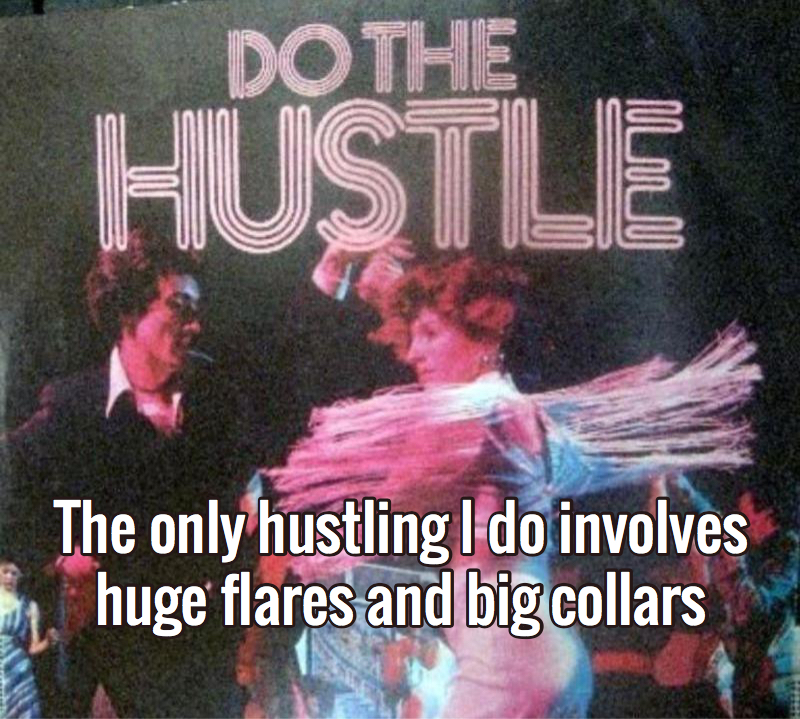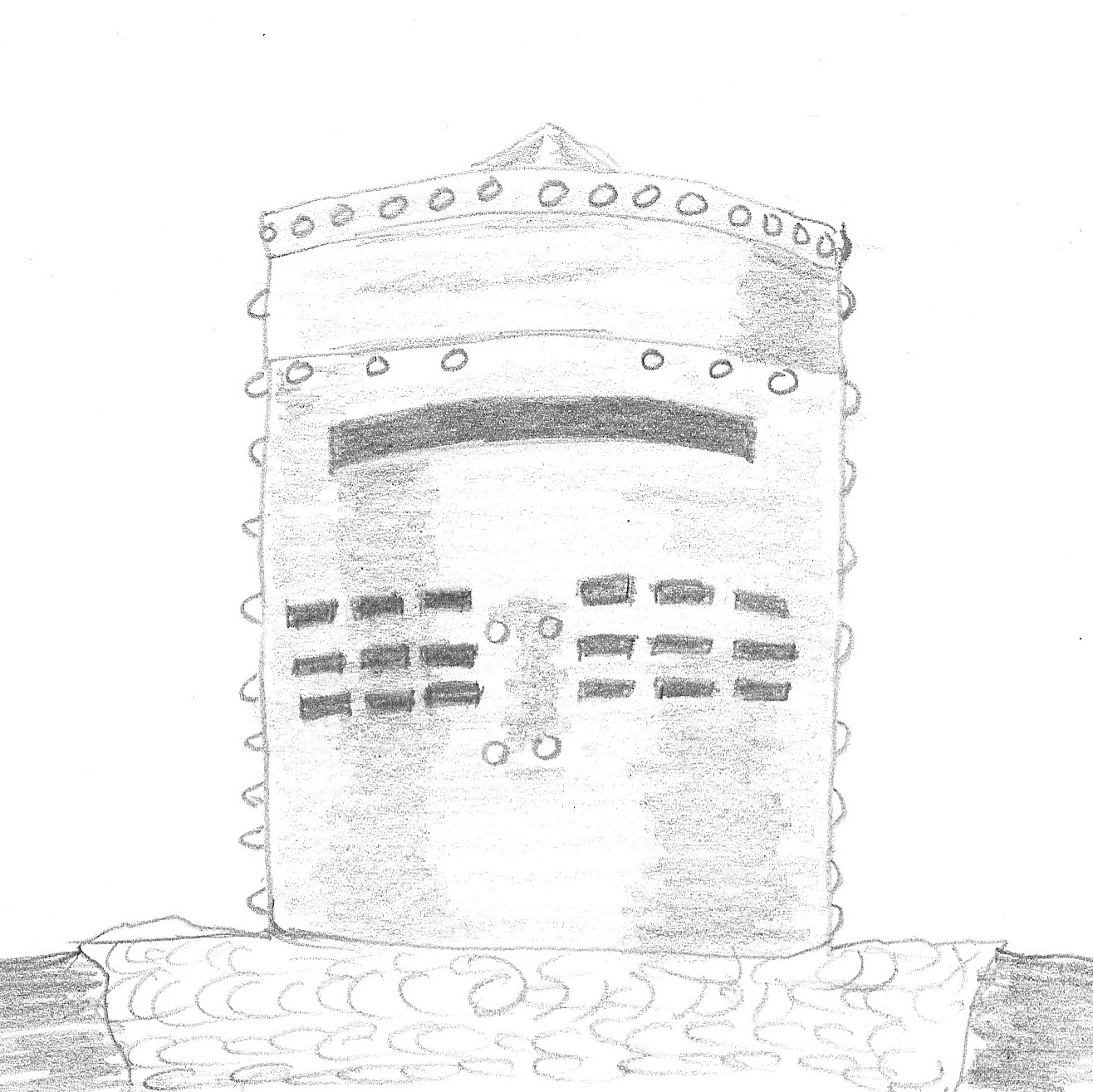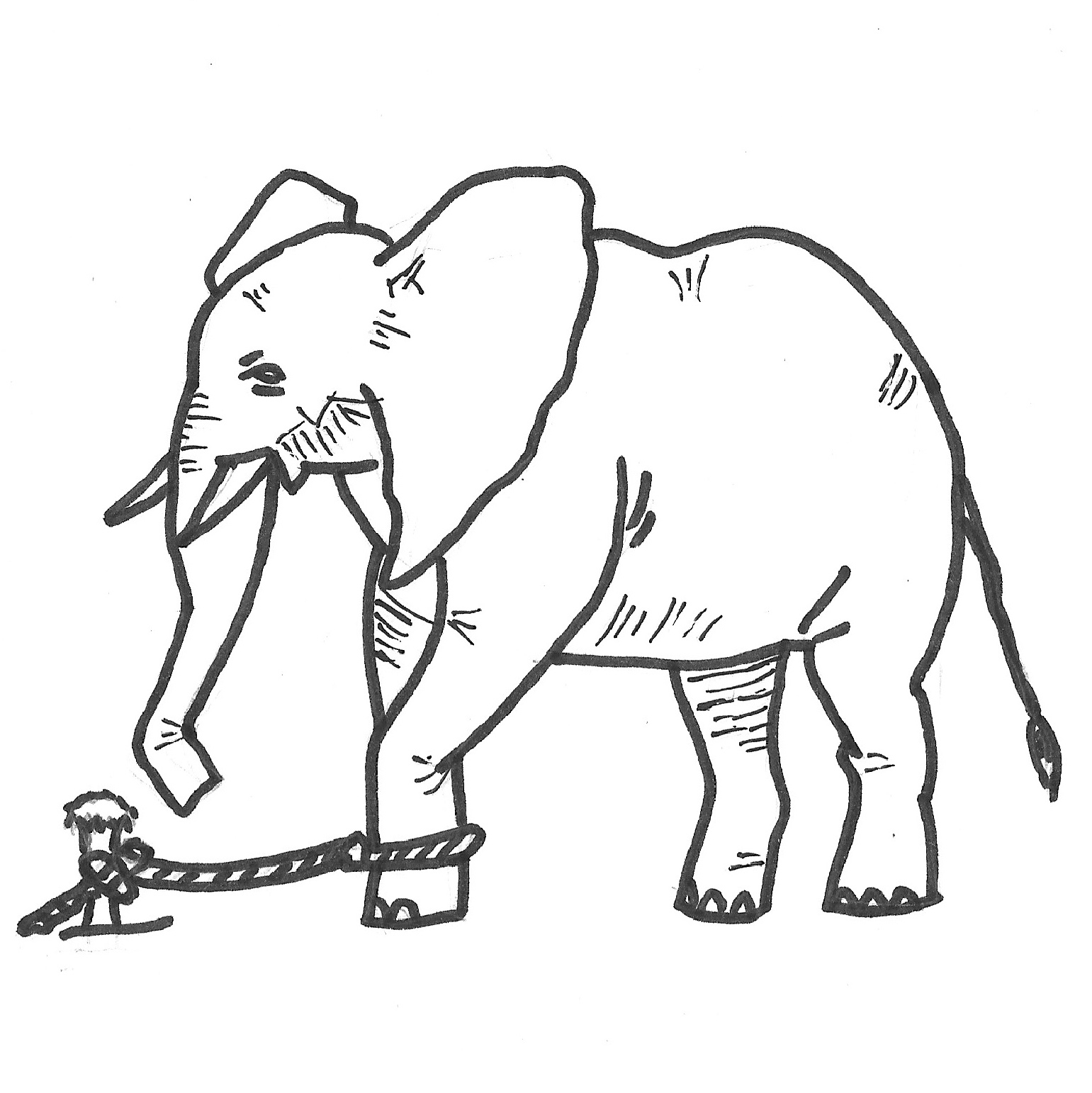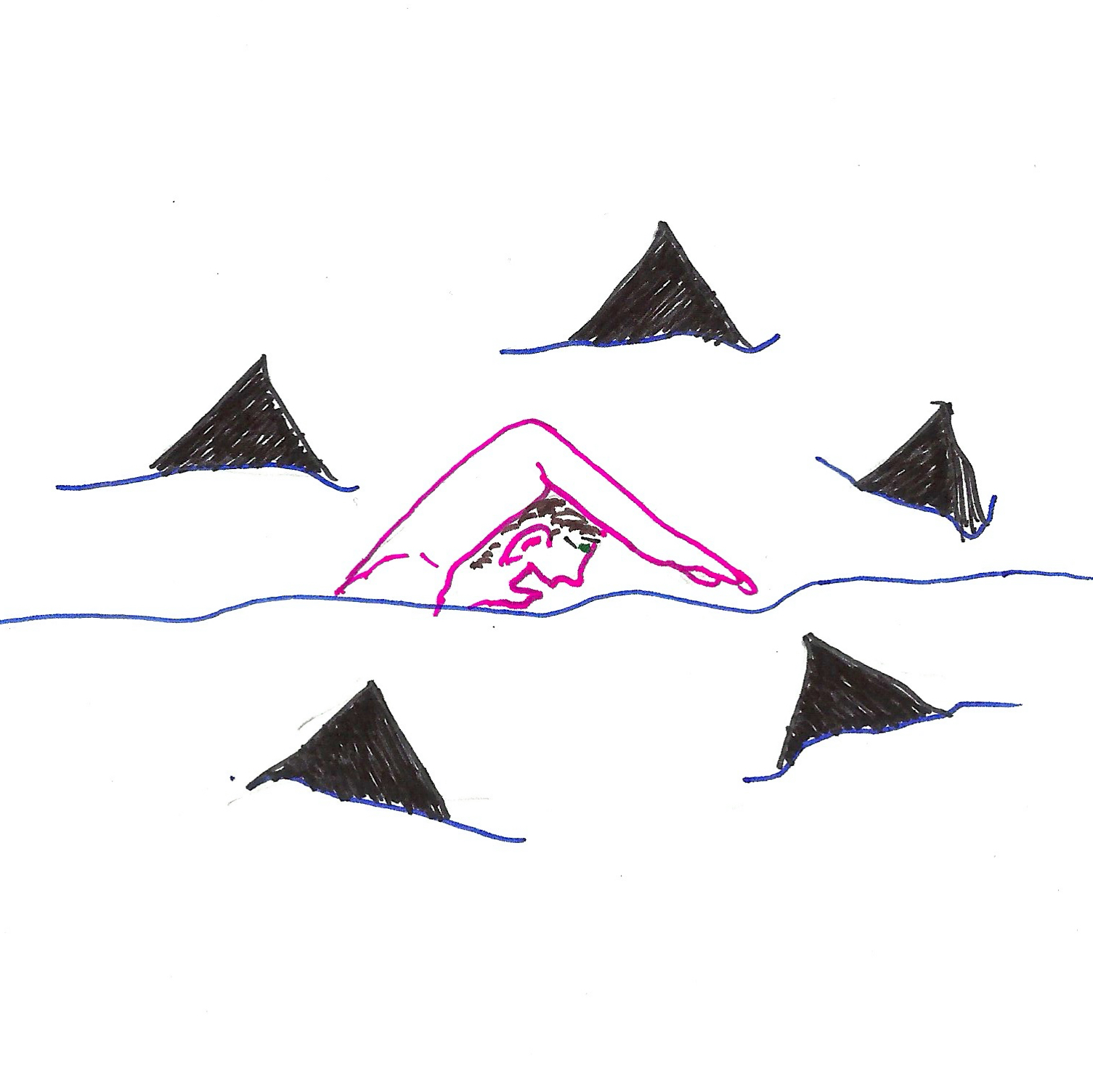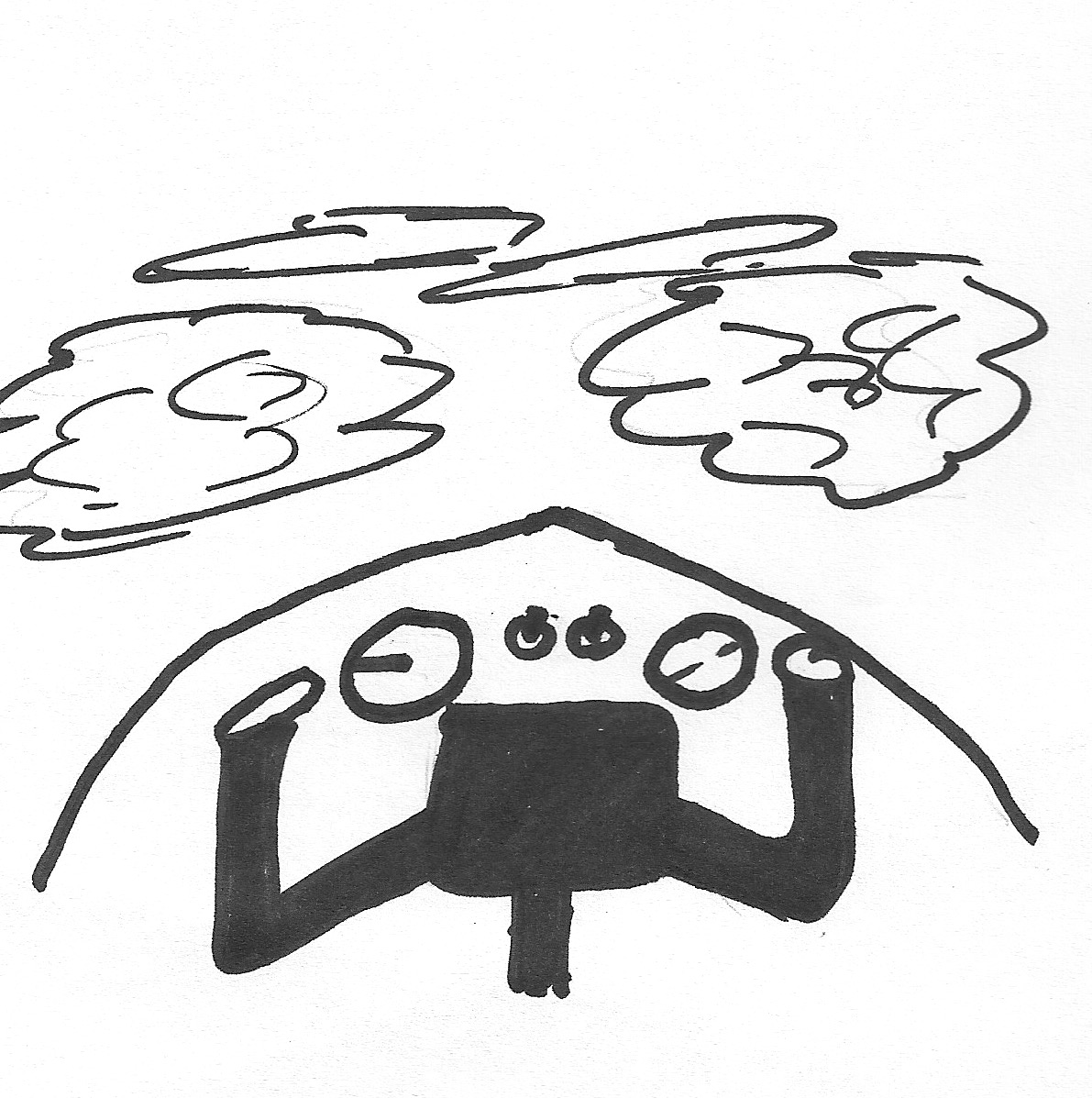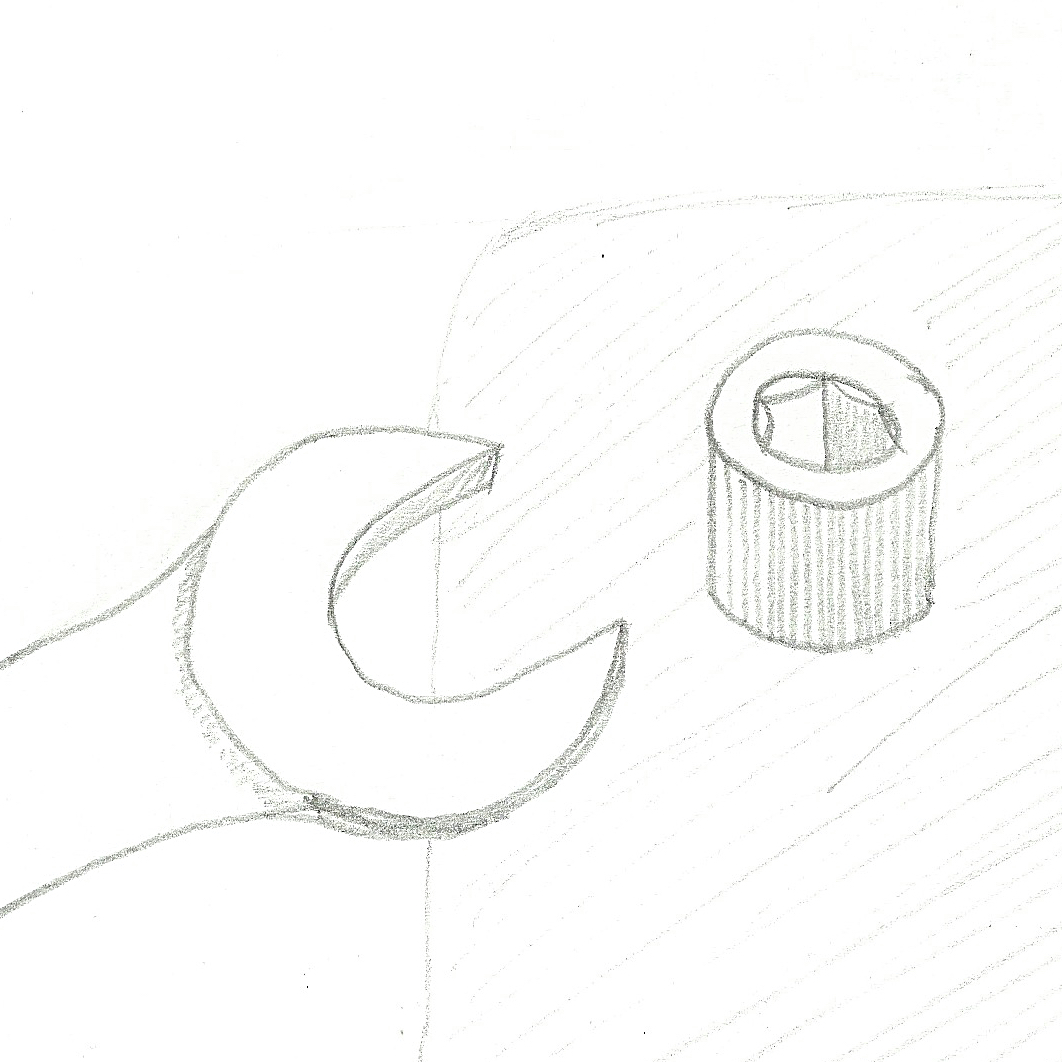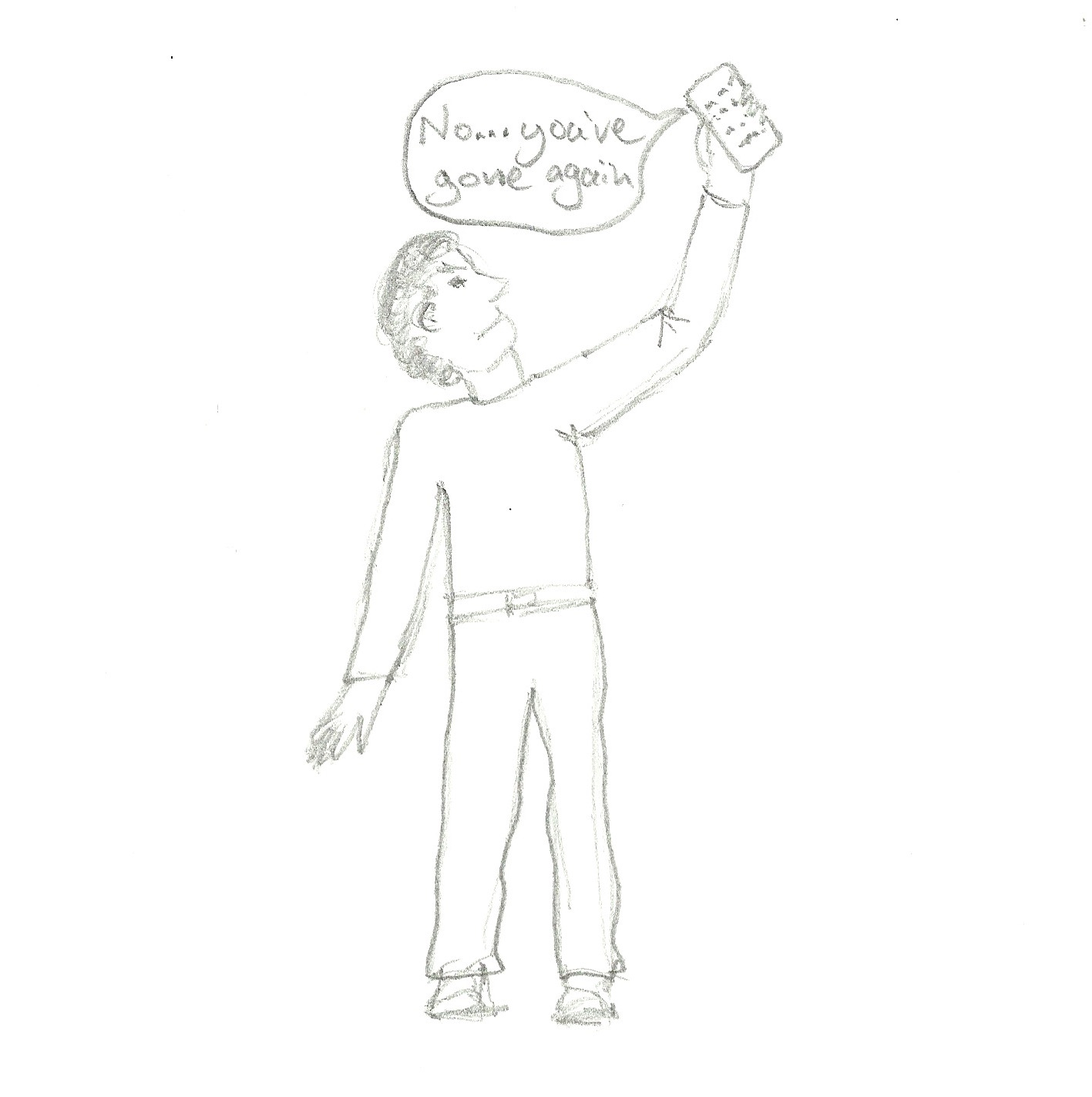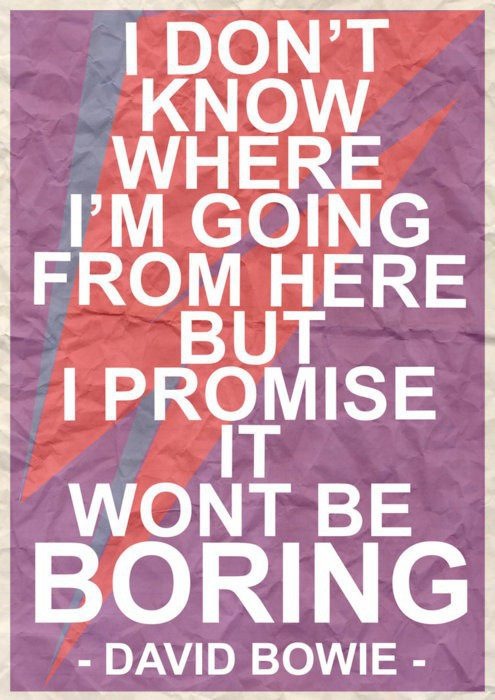Gary Vee is speaking tonight. He’s an internet star, a serial entrepreneur, an authentic presence, a force of nature. And he swears a lot because, man, this is f*!<ing important! He’s that kinda guy.
Gary says you gotta hustle. Gary is big on hustling, he says you won’t get anywhere if you don’t hustle. If you want to build a great business and be a successful as him and you aren’t hustling, well, you are just dreaming. Get off your ass and hustle, man!
I used to read Gary’s blogs and Medium posts because they had some good insights. And they were short. That was probably a big reason. But I stopped reading Gary’s posts because, well, I don’t hustle.
I’m actually anti-hustle. I hate being hustled. If you try to hustle me, you are qualifying yourself out, I will never buy from you. I won’t meet you for coffee, I won’t read your blogs, I won’t be open to anything you do. I just want you to go away.
And I don’t know how to hustle, I am not equipped to hustle and I have no inclination to learn how. Even if my life depended on it, I’m not sure I would be able to hustle. I could no more hustle than balance the Tower of London on my nose (although that would be way cooler).
So I had to say goodbye to Gary Vee because Gary Vee says you HAVE to hustle. There’s no point in listening to someone who tells you to do something you are not going to do, it’s just depressing. And it feels a bit like bullying.
Of course, I want my business to be successful and I want people to know about what I do and I want to create relationships with people who I can work with and all that stuff.
But Gary Vee says I have to hustle to do that and, well, that’s just not my style. And I don’t agree with him. That’s the way that HE makes that stuff happen, that’s his dance. It’s not mine. There are other ways that are more aligned with who I am.
You can copy someone else’s dance but you will never copy their passion and connection with the music, you’ll never get their flow. You will always be a pale imitation, slightly behind the beat, self-conscious and awkward. And difficult to watch.
You have to dance to your own tune, work with the music in your soul and and create your own moves. You can be inspired by others but you have to connect with your own rhythm, you have to follow the song in your heart. That’s when the magic starts to happen.
And no hustling. Unless you’ve got the flares for it.
